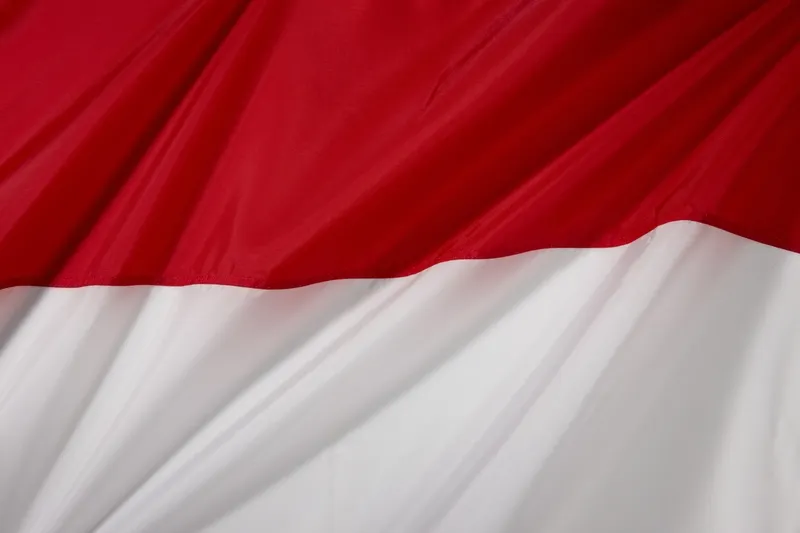A deal has been agreed for a key Indonesian airport toll road.
By MJ Woof
September 21, 2020
Read time: 1 min

A deal has been agreed in Indonesia for the 96.5km Surakarta-Yogyakarta-New Yogyakarta International Airport toll road. The Indonesian Government is awarding the package to the Jogjasolo Marga Makmur consortium.
Under the terms of the arrangement, the firm will have the concession to build and operate the toll road route. Building the link will cost an estimated US$1.8 billion. The first stretches of the route should open in 2023 and the aim is to have the entire route ready for drivers by 2024.
The consortium comprises the state-owned toll road operator PT Jasa Marga as well as PT Adhi Karya, PT Daya Mulia Turangga and PT Gama Group. Opening the toll road is hoped to boost transport and tourism for Central Java and Yogyakarta.






